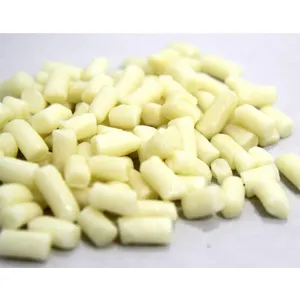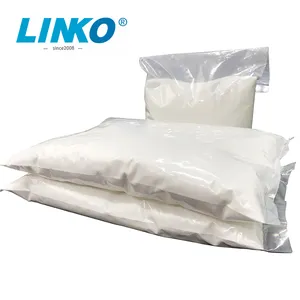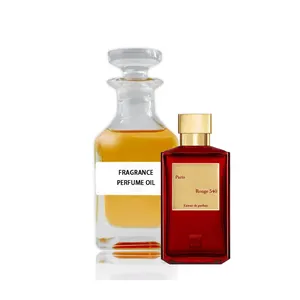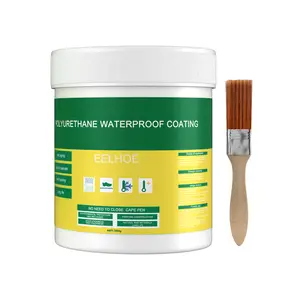Popular in your industry












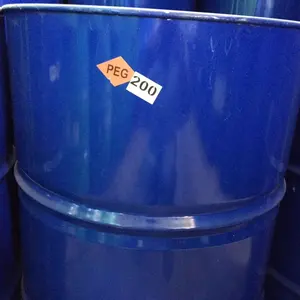






























































































































































































Top categories
About glycerol
Glycerol: A Multifaceted Compound in Various Industries
Glycerol, often interchangeably referred to as glycerin glycerol, is a versatile compound utilized across a myriad of industries due to its unique physical and chemical properties. This trihydroxy sugar alcohol finds its place as a critical ingredient in food production, pharmaceutical formulations, and cosmetic products, among others.
Applications and Types of Glycerol
The applications of glycerol are extensive and varied. In the food industry, glycerol monostearate, a compound formed from glycerol and stearic acid, is widely used as an emulsifier to improve the texture and consistency of products. Triacyl glycerol, another derivative, is essential in the production of oils and fats. The cosmetic industry often utilizes glycerol of wood rosin for its ability to act as a skin-conditioning agent. In more industrial applications, polyethylene glycerol is used for its lubricating and moisture-retaining properties.
Features and Advantages of Glycerol
The hygroscopic nature of glycerol makes it an excellent humectant, which is why it is a key ingredient in moisturizers and lotions. Its non-toxicity allows for its use in food as well as in personal care products. Glycerol's compatibility with many chemical compounds expands its utility to serve as an antifreeze glycerol in cryonics and laboratory applications due to its low freezing point.
Material and Quality Aspects
Glycerol can be derived from both natural and synthetic sources, with a glycerol being a common byproduct of biodiesel production. The purity of glycerol, such as pharmaceutical grade, is crucial for its application in sensitive products. Glycerol SDS (Safety Data Sheet) provides detailed information on handling, potential hazards, and safety precautions, ensuring that users are well-informed about the material they are handling.
Environmental and Health Considerations
Environmental sustainability and health safety are paramount in the utilization of glycerol. Ethyl glycerol and propyl glycerol are considered less toxic and more environmentally friendly alternatives to traditional ethylene glycol-based antifreeze solutions. Moreover, glycerol use in food and pharmaceuticals is strictly regulated to ensure safety and efficacy.
Choosing the Right Glycerol Product
Selecting the appropriate form of glycerol, whether it be liquid glycerol, powdered glycerol, or glycerol 3p, depends on the specific application and desired outcome. It is essential to consider the compatibility of glycerol with other ingredients and its impact on the final product's quality and stability.
